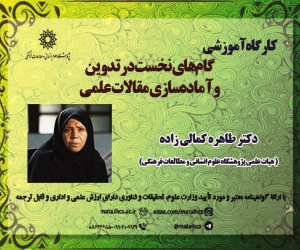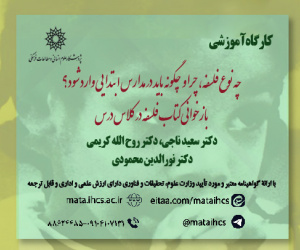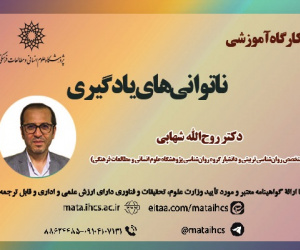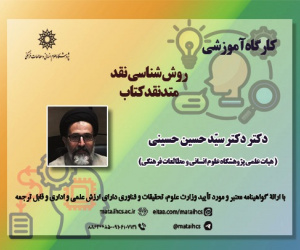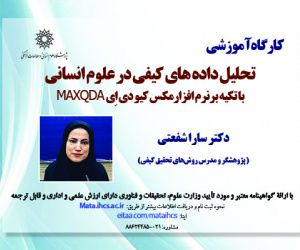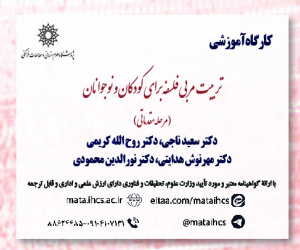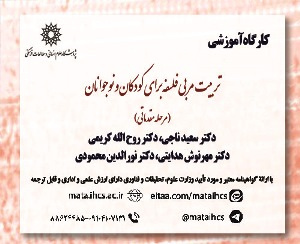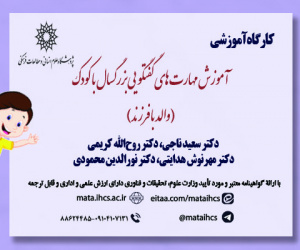مسئله مندی غیررسمی بودگی در ایران؛ خشونت ساختاری در تولیدِ فضای پادزیستِ تهیدستان (مقاله علمی وزارت علوم)
درجه علمی: نشریه علمی (وزارت علوم)
آرشیو
چکیده
روند به اصطلاح «توسعهٔ جهانی» در زمانهٔ هم روزگار، همانا تشدید شکاف اجتماعی و ماندگاری فقرگسترده به ویژه در جهانِ جنوب است. این شکاف در افزایش سکونتگاه های فرودستان شهری با جمعیتی بیش از یک میلیارد نفر و قطبی شدن ثروت نزد یک درصد ثروتمندان جهان بازتاب داشته است. در ایران نیز شاهد رشد چشمگیر باشندگانِ سکونتگاه های فرودست و چندین برابر شدن آن ها در پنجاه سال اخیر (حدود ۲۵ میلیون نفر در بافت های فرسوده و سکونتگاه های غیررسمی شهری) بوده ایم. رویارویی متداول با این مشکل ازسوی حکومت با فرادستی فرهنگی، برساخت اجتماعیِ منجر به سرکوب و حذف بوده است که با انگِ ننگ، انگلی بودن و جرم خیزی آن، زمینه سازی غیرقانونی بودن اسکان غیررسمی را فراهم کرده است؛ این درواقع خشونتی ساختاری است که زیست فضای برآمده از ارادهٔ خودبنیاد تهیدستان را مغشوش می کند. برنامه ریزان شهری با دانشی برخاسته از قدرت، و در سودای جهانی نوواره، با قواعد و طرح های شهرسازی به برون شدگی نیازمندترین شهروندان از فضای رسمی توسعهٔ شهر و خشونت ساختاری یاری می رسانند. ازاین رو، رهیافت مسئله مندی (پرابلماتیک)، بنیاد دانش کنونی را که خود تولید مسئله می کند به چالش می کشد و چاره جوئی ریشه نگرانه (رادیکال) برای پرداختن به علت برانگیزانندهٔ دیگر علت ها و معلول ها را برای برنامه ریزان سفارش می کند. در این نوشتار مسئله مندی غیررسمی بودگی فضائی در سطوح عام و خاص در ایران به بحث گذاشته می شود تا در پرتو این بینش، کنشِ دگرگونه ای برای رهائی هم میهن های تهیدستمان به بار نشیند. جانمایهٔ این بحث، کنارگذاشتن انگارهٔ توسعهٔ متداول در جهانِ شمال برای زدودن گسل های اجتماعی و باور به حق به شهر در جهانِ جنوب است و سپس، روی آوردن به انگارهٔ توسعه ای به گونه ای دیگر که دربرگیرندهٔ همگان و با تعادل اکولوژیک بر زمینهٔ ایران برای پایداری باشد. برای تحقق این برآیند، فرایندِ حکمروائی شایسته کلیدی است که از نتایج آن، رفع انحصارِ تولید فضا توسط فرادستان و پذیرش تولیدِ زیست فضای فرودستان به همراه توانمندسازی اجتماعات آن ها برای فرارویش به پایداری است.The problematization of informality in Iran; Structural violence in the production of an anti-life space for the underprivileged
The current process of dominant development is characterized by an escalation of social cleavages and the perpetuation of widespread poverty, particularly in the Global South. This cleavage is reflected in the increasing prevalence of urban slums, which are home to over one billion people, and the polarization of wealth among the top one percent of the global population. Iran has likewise witnessed a significant increase in the number of slum dwellers, amounting to twenty-five million in 2023. This figure is nearly equivalent to the number of people living below the poverty line in Iran. A substantial portion of this slum population consists of informal settlers, whose numbers have risen from one and a half million in 1976 to fifteen million today. The scope of this article is confined to informal settlements and the way of life associated with informality. In addressing informality, conventional policies are categorized into six approaches: 1) Ignorance based on the belief in the gradual disappearance of informality due to national economic development; 2) Demolition in the name of law enforcement and crime prevention; 3) Partial provision of public housing; 4) Site and service schemes and self-help housing; 5) Selective formalization of informal settlements; and 6) Enabling marginalized communities by acknowledging the right to the city. While the sequence of these policies suggests a progressive approach toward achieving social justice, none adequately address the root causes of the informality problem. At the macro level, the fundamental issue in Iran arises from the imitation of neo-liberal development patterns, which have polarized urban spaces and marginalized the poor in the Global South. At the meso level, urban land speculation by the rentier state, aimed at capital accumulation, has resulted in the commodification of space and anti-life ramifications for the impoverished. At the micro level, the social construction of informality as an unlawful act and a crime-related issue ignores the existential logic of “to be or not to be” for impoverished citizens. This leads to structural violence by monopolizing urban space production with unaffordable urban standards for the poor. In this context, the cooptation of urban planners as agents of the power structure plays a crucial role in undermining their public interest mission. Overall, addressing the informality problem requires, on one hand, a transformation of the prevailing development pattern to prevent urban unsustainability, and on the other hand, the practice of good governance that respects the right to the city for the poor. Given that informal settlements typically exhibit a lower ecological footprint due to their reduced per capita consumption of energy, water, land, and materials, they may be more suitable for accommodating sustainable patterns while enhancing the quality of their living conditions. Regarding the urban planning profession, this article suggests that the antagonistic duality of formal versus informal spaces is a social construction by those in power and needs to be set aside by urban planners who aim to provide living spaces for the impoverished. This perspective recognizes informality not only as a way of life but also as a survival strategy for the poor, necessitating facilitation and mediation by planners to achieve decent living conditions.
